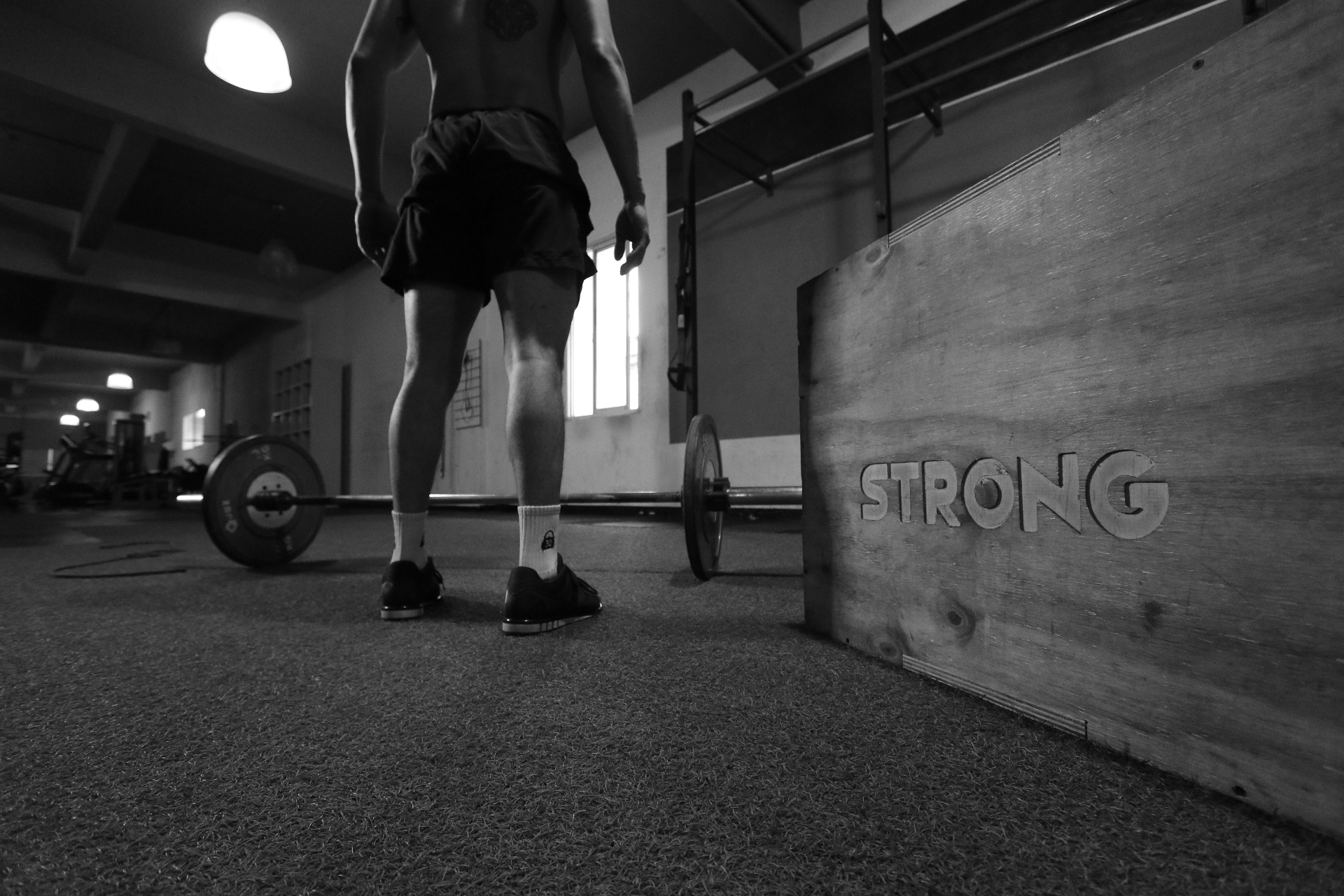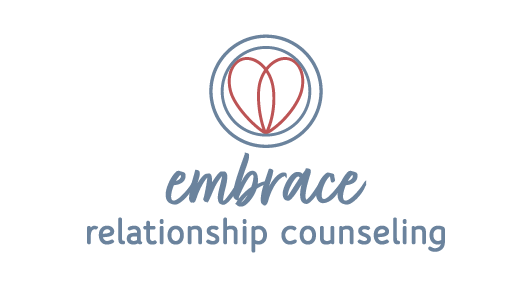My Accountability to Us (aka Just Do the Hard Things)

**This is the third blog in a series about the 5 most important qualities I see my successful couples develop, explore, embrace, and live as they heal and create new paths forward. These are the building blocks in their new foundation of deeper connection and intimacy. And now, hopefully yours, too! Enjoy!
Take a moment, grab paper and pen, maybe a snack. Ready?
Now, think back to the earliest memories you have. See that child you once were. What is that child doing? Playing? Reading? In school? At a store or on a trip? Make a list of those memories. Keep going until you reach the present day. What was easy in those moments, and why? What was hard, and why? Jot those thoughts down, too.
Pause for a moment, begin again at the time of your earliest memories. Try going back a little farther to those moments that your body remembers even though your brain can’t bring the image to you. Moments in which you were fed, rocked, encouraged to smile or clap your hands. What was easy in those moments, and why? What was hard, and why? Jot that down.
From the beginning of our lives we have experienced moments that were easy. We’ve also experienced moments that were hard. They’re different for everyone and that makes us diverse and unique and quirky and every type of special. Some of the hard moments come from the physical challenge of growing up and some of them from the emotional challenge of learning how to interact and have relationships with others. That’s family of origin stuff. However, we’re alike in that our bodies remember what feels easy, what feels hard and these easy and hard moments create imprints on us physically and emotionally. A simple concept on the surface, like a toggle light switch. On, off. Easy, hard.
The older we become the more complicated life becomes. The difference between easy and hard becomes more blurred. The toggle light switch becomes more of a dimmer switch, sliding from the extreme of effortlessly easy to the other extreme of falling down on our knees hard.
Discerning the difference between easy and hard becomes more complicated now because as adults we have learned that sometimes in life what is easy can become hard and what is hard can become easy. The pendulum is in constant motion, swinging side-to-side, day in and day out. In my opinion, that difference is the awareness of self-discipline. And here’s why…
As babies we learn to sit up, crawl, stand, and take our first steps. We’re encouraged and rewarded with smiles, happy words, excited voices, and hugs as we wobble and collapse into a puddle of proud accomplishment. We aren’t aware of our own growth, the learning that is occurring, or our bravery in trying something new and maybe a bit scary. We’re simply aware that other people want these accomplishments for us. Their desire shows through their encouragement, cheerleading, maybe the reward of a cookie (chocolate chip, please!). We do it for them. We trust the confidence they have in us that we can do the hard work.
As adults, we have a different awareness. We know what is easy and what is hard- it’s on your list. The hard task of learning to walk in our childhood has been replaced by the hard task of making the mortgage payment, finding and keeping a job, being emotionally present in a relationship. And yet some of those easy things of childhood have become hard now, too. Freely receiving hugs and kisses, comfortably sharing what scares us or that we’re angry, allowing ourselves to cry when sadness overcomes us often become hindered and hidden to avoid the vulnerability of those moments and the exposure to being judged, shamed, rejected. The trust we once held is shaky or perhaps completely gone.
That’s a big part of couples therapy- learning how to move the hard emotional tasks back to the easy list. How do we do that as adults in our relationship? Especially when we don’t feel encouraged to try something new, when the person who used to be our cheerleader now feels like a stranger or maybe even an enemy and the reward cookie jar is empty.
This is the role of self-discipline.
Self-discipline in my office means taking responsibility for your own growth, consistently doing the hard stuff like being vulnerable or apologizing even when the other person doesn’t or just won’t. Most importantly, this is about learning to hold yourself accountable for recognizing where you are emotionally in the fight and not giving in to that moment of intense emotion by saying or doing something that hurts the other person and therefore diminished and eventually destroys the relationship.
Building self-discipline with our emotions takes time. We must practice new ways of expressing ourselves and share our needs. We must build tolerance for sitting with upset feelings for longer periods of time. We must learn to slow down the pace of conversations in order to take turns sharing and listening. We must learn to enter discussions with the intention of being curious because I need to learn more about your point of view if I want you to be a willing learner of mine.
In building self-discipline, the willingness to go through the hard of learning new ways to interact with our own feelings and express them in a healthy manner transforms into an easy habit, a new pattern of interactions, that adds value to your life. This is a tough transition, uncomfortably awkward, and just feels weird at times because we’re out of our comfort zone. The short term easy in life is giving in when those emotionally charged moments happen. How relieving it feels to give in and yell, be defensive, blame the other person, or threaten to leave the relationship! The relief of dumping our distressing feelings on the other person leaves us feeling lighter and able to breathe again. Emotionally unburdened of the internal distress, our brains are rewarded and fooled into believing what we just said or did was justified and ok. But the short term easy makes for a long term hard. Giving in to those moments slowly chips away at our partner’s self-esteem and sense of self-worth, often to the point of the crazy-making and the belief of being unlovable. The foundation of the relationship crumbles under the weight of resentment, negativity, and pain.
Self-discipline is the opposite of the short term easy/long term hard pattern. Self-discipline is committing to the short term hard to instead build the long term easy pattern in the relationship. Self-discipline us showing up every day and doing the hard work in each and every moment until the foundation is shored up, rebuilt, and able to withstand the storms of life. With time and consistent practice, the hard becomes easy. The relationship becomes safe, secure, loving, welcoming, warm, and intimate again.
Self-discipline matters because when I hold myself accountable for how I show up in our relationship, the relationship benefits. In turn, you and I benefit individually as a result. Self-discipline is not me putting myself first- it’s me putting the needs of the relationship first. I acknowledge my areas of growth and hold myself accountable for the learning and practice that need to occur. I am then choosing to show up as someone ready to be a part of a long, loving fulfilling relationship.
Take one last moment to revisit your list, specifically the hard list. Pay attention to the actions that long term happy healthy relationships rely upon. Pick one. Identify one small step forward to tackle that change, then do it. Then identify the next small step, then the next, then the next until you are comfortably walking a new path. And stay strong in the self-discipline to keep showing up and moving forward.
As always,
Embrace your best self! Anne
